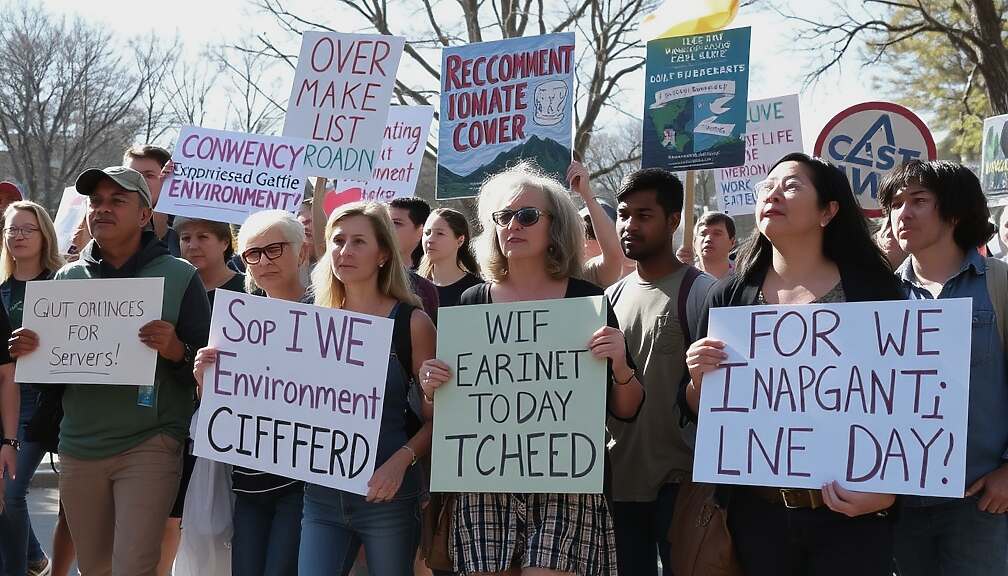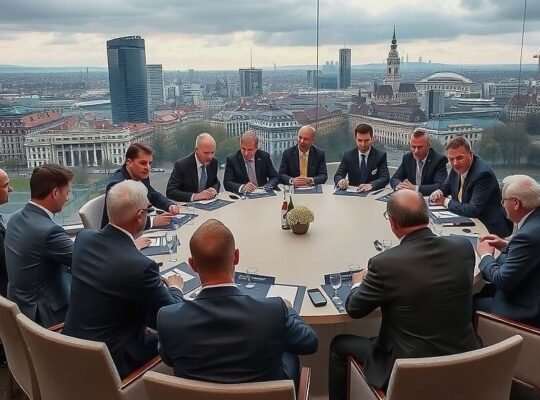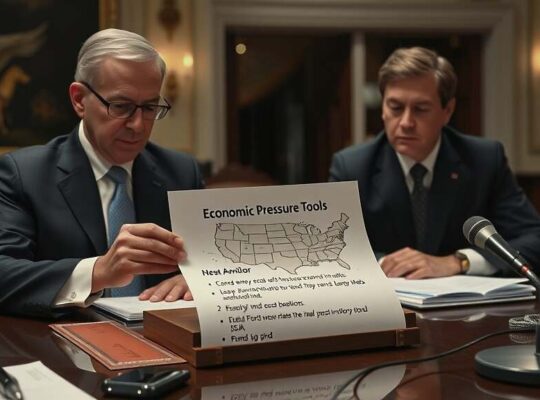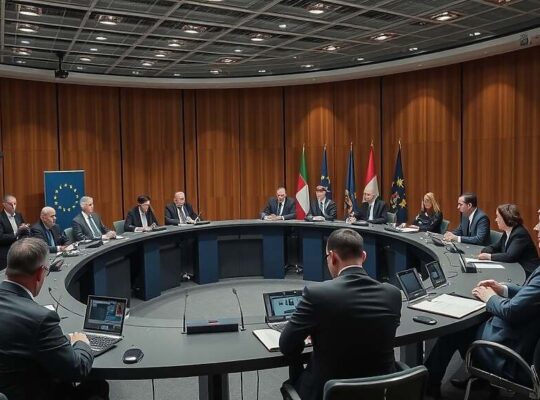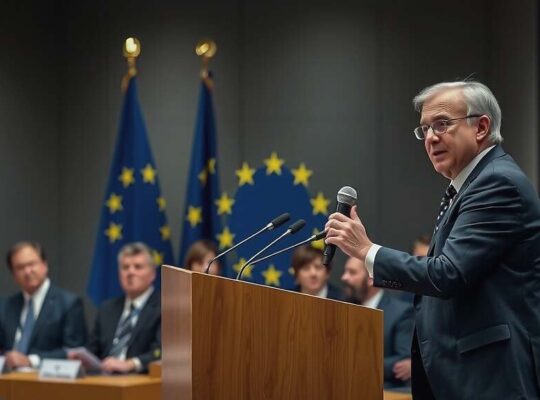Environmental advocacy groups have sharply criticized the EU’s recent softening of its 2040 climate target and the postponement of the EU Emissions Trading System (ETS) for the building and transport sectors. The compromises, reached amidst intense negotiations between member states, are raising concerns about the EU’s credibility and its ability to meet its own climate ambitions.
Critics argue that the finalized agreement contains significant loopholes that undermine the integrity of the EU’s climate policy. Allowing up to five percent of emissions reductions to be fulfilled through international carbon credits represents a substantial shift, effectively outsourcing climate action and potentially harming the competitiveness of European industries.
“The Council’s resolution is riddled with loopholes” stated Charly Heberer, EU climate policy advisor at Germanwatch. “If this legislation passes as is, we risk creating a Swiss cheese of climate architecture.
The inadequate ambition for 2035-confirming a target range of 66.25 to 72.5 percent emissions reduction compared to 2019 levels-has also drawn condemnation. Experts fear this level of ambition will fail to impress at the upcoming COP30 climate summit in Belém, Brazil and positions the EU alongside nations with weak or unclear climate goals.
Sarah Zitterbarth, Greenpeace’s expert on international climate policy, warned that the weakened target significantly compromises the EU’s negotiating position at COP30. “The EU risks a major credibility crisis. Reaching the 90 percent emissions reduction target for 2040 will require a staggering 77 percent reduction by 2035, a prospect now appearing increasingly unattainable.
Further concerns arise from the proposed shift of the new ETS for buildings and transport by a year and the potential for future revisions to the agreed-upon targets. Member states are pushing for a clause that would absolve them of meeting targets for natural carbon sinks, essentially allowing them to circumvent commitments related to forest and wetland protection. There’s also pressure to permit the purchase of additional international certificates to meet targets, further reinforcing the outsourcing of climate action.
Viviane Raddatz, head of climate at WWF Germany, questioned whether sufficient measures are being implemented to achieve the set goals. “The massive dilutions of the Green Deal and further revisions to emission trading schemes signal a lack of commitment from EU member states”. She stresses the need for widespread electrification and a transition to renewable energy sources to build a crisis-resistant and future-proof economy.
While the agreement prevents a complete embarrassment for Europe, Greenpeace experts acknowledge that it falls far short of the Paris Climate Goals. The latest Emissions Gap Report indicates a trajectory towards a dangerous 2.8-degree Celsius temperature increase by 2100, underscoring the urgency of bolder action.
The current agreement stipulates a 66.25 to 72.5 percent reduction in greenhouse gas emissions by 2035, compared to 1990 levels. Emissions are slated to fall by 90 percent by 2040.


